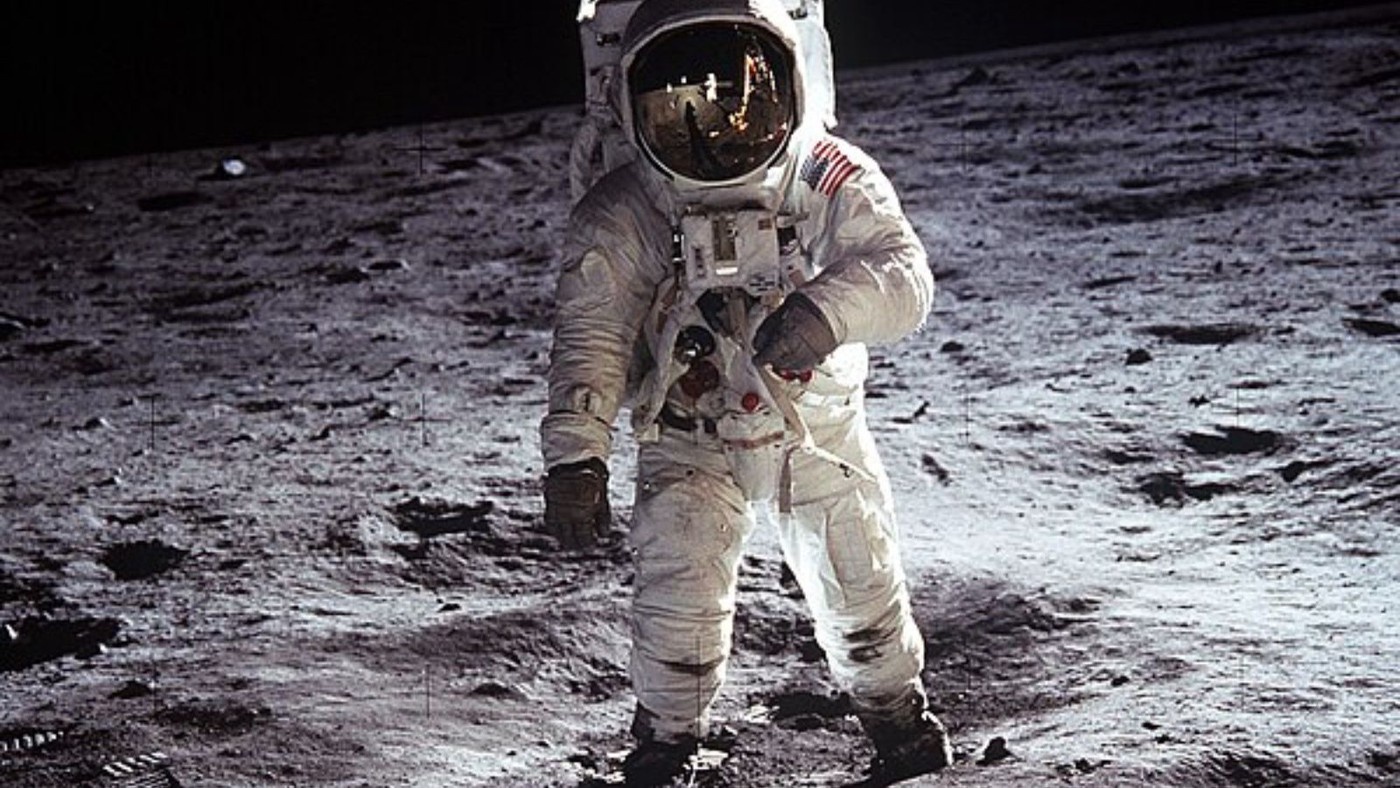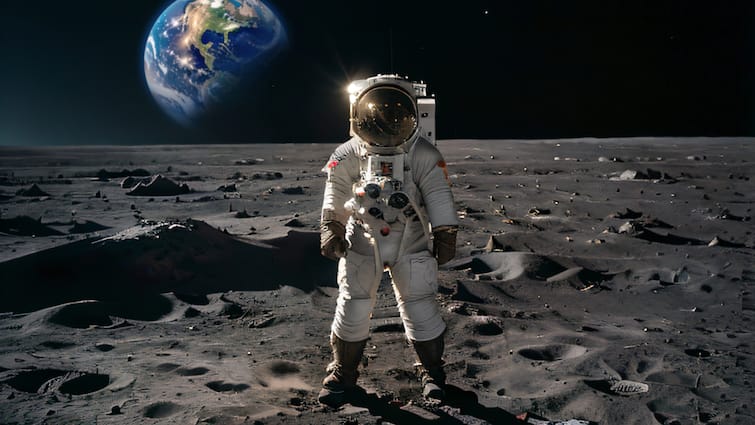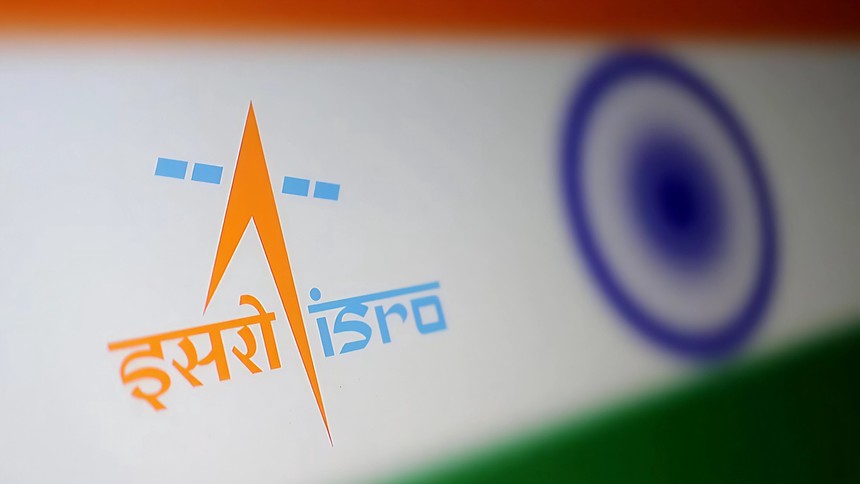In a groundbreaking advancement, researchers have developed a spacesuit capable of turning urine into drinking water, addressing one of the most critical challenges in space travel—sustainable water supply. This innovation, spearheaded by scientists at the University of Pennsylvania, could revolutionize life-support systems for astronauts on long-duration missions.
The Technology Behind the Spacesuit
The new spacesuit integrates a miniaturized version of a water recovery system, typically used in spacecraft, directly into the suit itself. This system processes urine through a series of filtration and purification steps, transforming it into safe, potable water. The key components include:
- Microbial Electrolysis Cells (MECs): These cells break down organic matter in urine using bacteria and an electric current, generating hydrogen and purifying the liquid.
- Forward Osmosis (FO): This process uses a semi-permeable membrane to separate contaminants from water molecules.
- Additional Filtration: Activated carbon and ion exchange resins further purify the water, ensuring it meets safety standards for drinking.
Benefits for Space Missions
The ability to recycle urine into drinking water directly within the spacesuit offers several significant advantages:
- Sustainability: Reduces the need to transport large quantities of water, which is both costly and space-consuming.
- Self-Sufficiency: Enhances the self-sufficiency of astronauts, particularly crucial for long-term missions to Mars or deep-space exploration.
- Weight Reduction: Decreases the payload weight, allowing for more efficient use of spacecraft resources.
Potential Applications and Future Prospects
While the primary application of this technology is for space travel, it has potential benefits for other fields:
- Military Use: Soldiers in remote locations could use similar systems to ensure a constant supply of drinking water.
- Disaster Relief: Could provide clean water in disaster-stricken areas where access to fresh water is limited.
- Environmental Conservation: Promotes the recycling and efficient use of water resources, critical for sustainability efforts on Earth.
Expert Insights
Dr. Jones, a lead researcher at the University of Pennsylvania, stated, "This innovation marks a significant step forward in our quest to make long-term space travel viable. By integrating water recovery systems into the spacesuit, we are not only enhancing astronaut safety but also paving the way for sustainable exploration of outer space."
Dr. Smith, another key researcher, added, "The technology we are developing has the potential to be adapted for use on Earth, particularly in areas facing water scarcity. Our goal is to create a versatile solution that can benefit both space missions and humanitarian efforts."
Conclusion
The development of a spacesuit that can convert urine into drinking water is a monumental achievement in space technology. This advancement not only supports the feasibility of extended space missions but also offers promising applications for sustainable water use on Earth. As researchers continue to refine this technology, the future of both space travel and water conservation looks increasingly promising.
















